- Home
- Machining techniques
- CNC Machining Services
- Cooperative supply services
- Designs
- Materials
- Finishing Services
- Shop
- Products
- Guide
- About Us
- Contact Us
2023.5.19
Steel sheet metal products are versatile and widely used in various industries due to their strength, durability, and resistance to wear and tear. One of the advantages of steel sheet metal fabrication is the availability of a wide range of finishes that enhance the appearance, durability, and performance of the finished product. In this article, we will discuss steel sheet metal fabrication advantages, applications, types, as well as some of the most common finishes for steel sheet metal products.
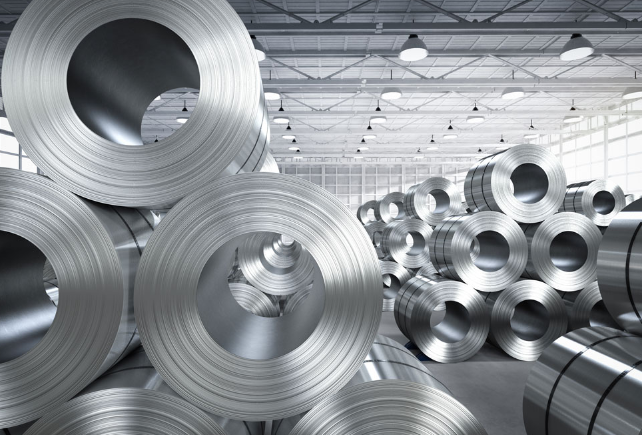
– Durable and long-lasting finished products
– High strength and resistance to wear and tear
– Lightweight compared to other materials
– Excellent material properties such as heat and corrosion resistance
– Cost-effective manufacturing process
– Powder Coating: Powder coating is a popular finish that provides a long-lasting and durable coating for steel sheet metal products. This process involves applying a dry powder electrostatically and then curing it at a high temperature, providing a non-porous and scratch-resistant coating. Powder coating comes in numerous textures, colors, and finishes, which enhances the appearance of the product.
– Anodizing: Anodizing is a finish that is widely used for aluminum and its alloys. This process creates a protective layer of oxide on the metal surface, preventing corrosion and providing an aesthetically pleasing finish. This finish also increases the wear resistance of the product. Anodizing can be customized to match various colors and textures and is essential in industries where hygiene is a primary concern.
– Painting: Paint is a versatile and straightforward finish that can be applied to steel sheet metal products in a wide range of finishes. Painting provides a protective layer against rust and other forms of corrosion and enhances the aesthetics of the product. Painting comes in different colors, textures, and finishes, providing designers with the flexibility to achieve their desired look.
– Plating: Plating refers to a process where a metal such as zinc, nickel, or chrome is applied to the surface of a steel sheet metal product to provide a protective layer against corrosion and enhance the product’s aesthetics. The plating process can be customized to match various finishes and textures, making it ideal for use in decorative applications.
– Hot-Dip Galvanizing: Hot-dip galvanizing involves immersing the steel sheet metal product into a bath of molten zinc, which forms a protective layer on the surface of the metal. This process provides excellent corrosion resistance and durability, making it ideal for outdoor applications such as fencing, decking, and handrails.
– Passivation: Passivation is a process that involves the use of an acid solution to remove surface impurities from stainless steel and improve its corrosion resistance. This process results in a clean, non-contaminated surface that is resistant to rust and other forms of corrosion.
– Automotive
– Aerospace
– Construction
– Medical
– Electronics
– Agriculture
– Furniture
– Carbon Steel: Carbon steel is the most commonly used type of steel in sheet metal fabrication. It is affordable, readily available, and easily formed, making it ideal for a wide range of applications. Carbon steel is alloyed with a small amount of carbon to improve its hardness and strength. The higher the carbon content, the stronger the steel, but also the more brittle it becomes. Carbon steel is most commonly used in the manufacturing of automotive parts, structural steel, and machinery.
– Stainless Steel: Stainless steel is a popular type of steel used in sheet metal fabrication due to its high resistance to corrosion and staining. It is also durable, strong, and easy to clean, making it ideal for food processing, medical, and pharmaceutical applications. Stainless steel is alloyed with a mixture of chromium, nickel, and other metals to improve its properties and resistance to corrosion.
– Aluminum: Aluminum is a lightweight, corrosion-resistant material that is often used in sheet metal fabrication. It is a good conductor of heat and electricity, making it ideal for air conditioning, heating, and electrical applications. Aluminum is also easily recyclable, which reduces waste and supports sustainability efforts.
– Galvanized Steel: Galvanized steel is a type of carbon steel that has been coated with zinc to improve its corrosion resistance. Galvanizing steel involves dipping it into a bath of molten zinc, which forms a protective layer on the surface of the metal. Galvanized steel is commonly used in the production of roofing, fencing, and electrical conduits.
– Alloy Steel: Alloy steel is a type of steel that is alloyed with other elements such as manganese, nickel, or chromium to improve its properties. The addition of these elements improves the steel’s strength, durability, and resistance to wear and tear. Alloy steel is commonly used in the manufacturing of machine parts, tools, and engineering components.
– Titanium: Titanium is a strong, lightweight metal that is commonly used in aerospace and medical applications. It is highly resistant to corrosion and can handle high temperatures, which makes it ideal for use in harsh environments.
Steel sheet metal fabrication involves the creation of various products and components using sheets of steel. Whether you need a custom metal design for your business, or you want a product to be manufactured in mass production, professional steel sheet metal fabrication company – CNCLATHING offers several benefits.
Access to specialized equipment and processes
We have access to a wide range of specialized equipment and processes that enable them to work with different types of metals and produce high-quality products. With state-of-the-art equipment and expertise, the manufacturing process can achieve higher levels of accuracy and precision, ensuring that your product is created with the utmost quality.
Expertise in designing and manufacturing steel sheet metal products
Professional steel sheet metal fabrication companies have experienced and highly skilled designers and engineers specialized in metal fabrication. These professionals are experts in the areas of product design, material selection, and quality control. With their expertise, we can help you create steel sheet metal products that best fit your needs and requirements. Whether you want a custom design or a modification of a standard product, we can help you achieve the best results.
High-quality and consistent finished products
We ensure that the finished product is of high quality and consistent. From the design stage to the actual manufacturing process, the fabricators use high-quality materials, techniques, and processes to ensure that the final product meets the desired specifications. Additionally, we employ strict quality control measures to ensure that all products meet industry standards, and we test each product before delivery to the customer.
Faster production times and lower costs
We have streamlined processes that minimize production time and reduce costs. With sophisticated equipment and experience, we can produce your product efficiently, reducing the amount of time it takes to manufacture your product. Faster production times not only ensure that you receive your product faster, but it may also save you money by reducing labor costs and material waste.
Customization options based on specific needs and requirements
One of the significant advantages of partnering with a professional steel sheet metal fabrication company is that we can create custom products and components based on your specific needs and requirements. With the flexibility in design, you can request almost any shape or size for your product. Additionally, we can provide surface treatments and finishes that meet your specifications, ensuring that your products look exactly the way you want them to.
Improved safety and compliance
We ensure that the product meets various safety regulations and standards. We keep up-to-date with safety standards and regulations, ensuring that your products are safe for use and compliant with industry standards. Additionally, professional fabricators follow best practices and standards for worker safety, reducing the risk of an accident or injury and ensuring a safe working environment for their employees.
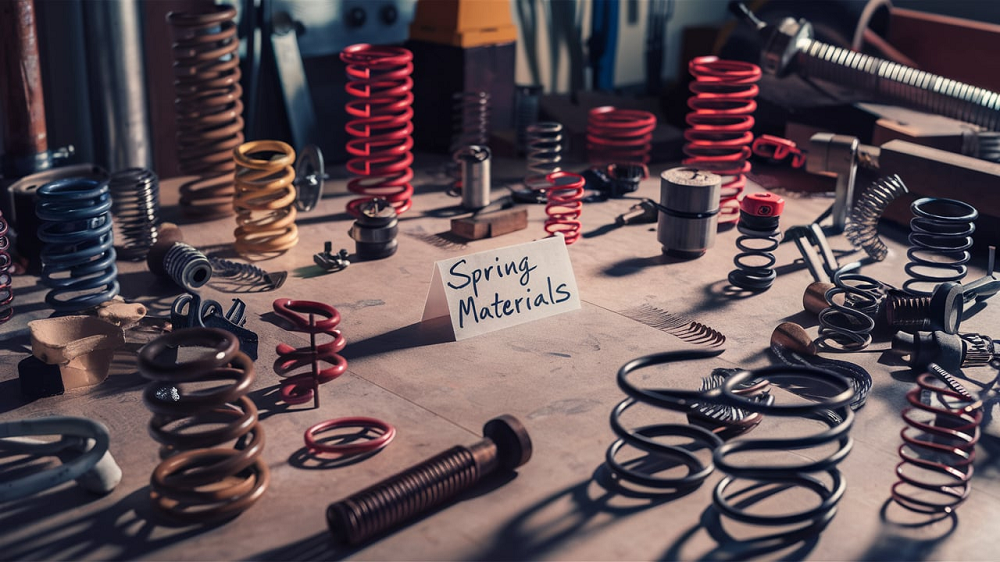 Spring Material Types (Properties, Grades, Uses) & Best Selection for Your Project
Spring Material Types (Properties, Grades, Uses) & Best Selection for Your Project
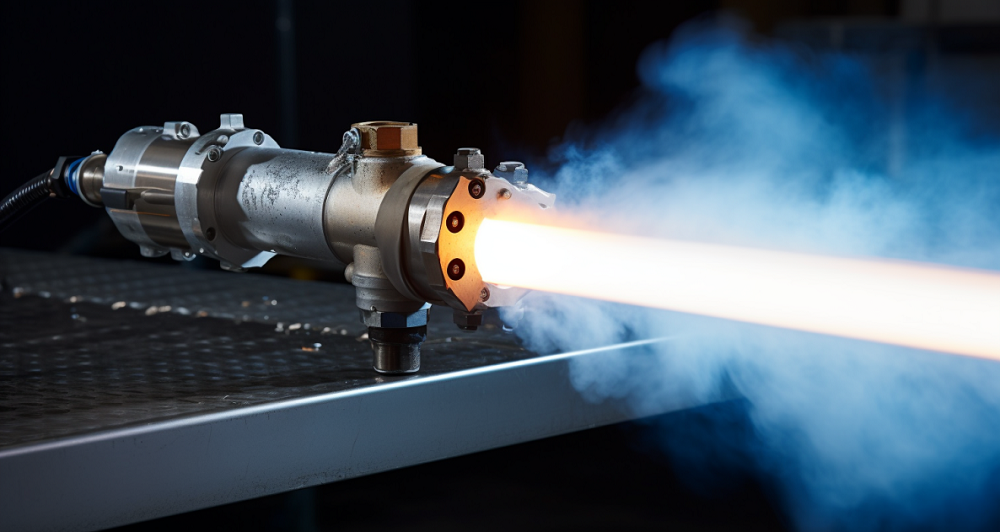 What is HVOF Coating – HVOF Thermal Spray Process, Materials, Benefits, Machine, Applications
What is HVOF Coating – HVOF Thermal Spray Process, Materials, Benefits, Machine, Applications
 Polyamide Vs. Nylon Vs. Polyester: Properties, Uses, Advantages & Disadvantages
Polyamide Vs. Nylon Vs. Polyester: Properties, Uses, Advantages & Disadvantages
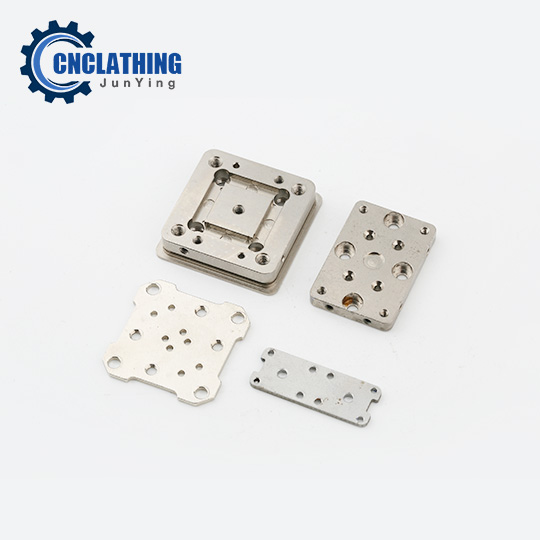 Guide to Metal Fabrication: Types of Fabrication Process and Material Selection | CNCLATHING
Guide to Metal Fabrication: Types of Fabrication Process and Material Selection | CNCLATHING
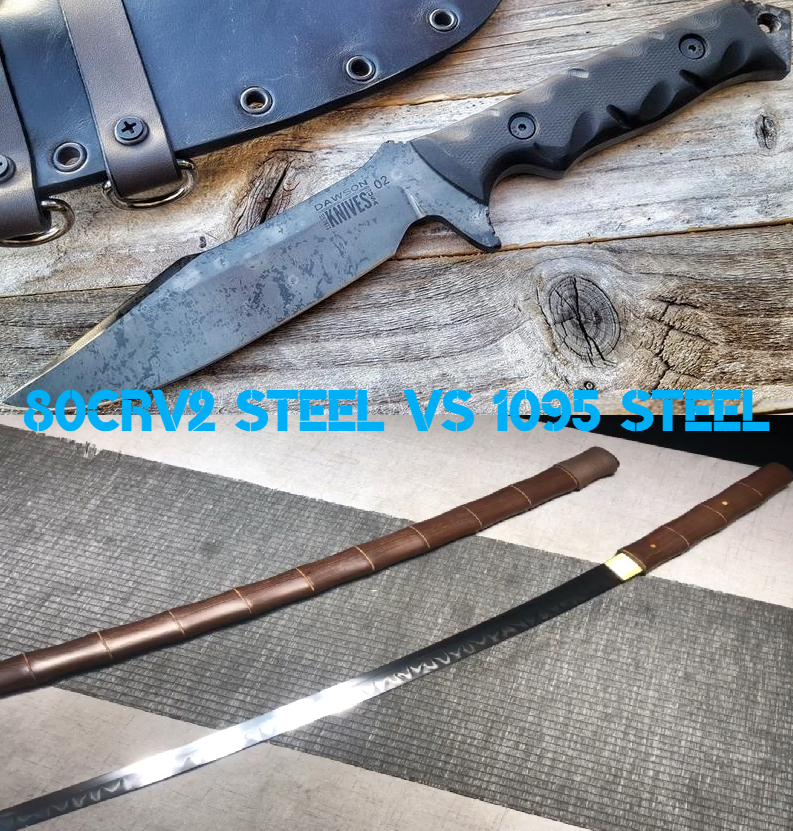 80CrV2 Steel vs 1095 Steel: Differences in Composition, Properties, Use, Price & More
80CrV2 Steel vs 1095 Steel: Differences in Composition, Properties, Use, Price & More
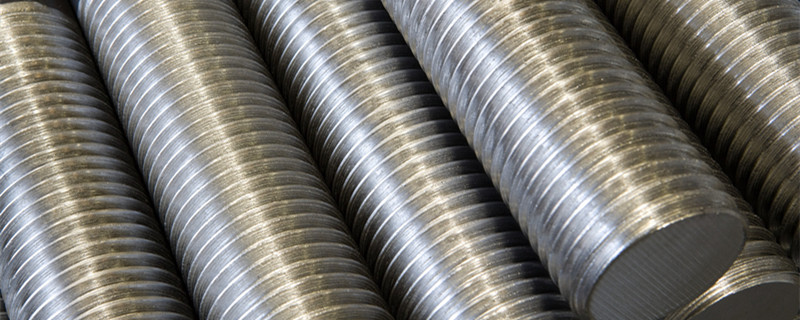 What is Mild Steel: Composition, Properties, Density, Grades, Types, Uses
What is Mild Steel: Composition, Properties, Density, Grades, Types, Uses
